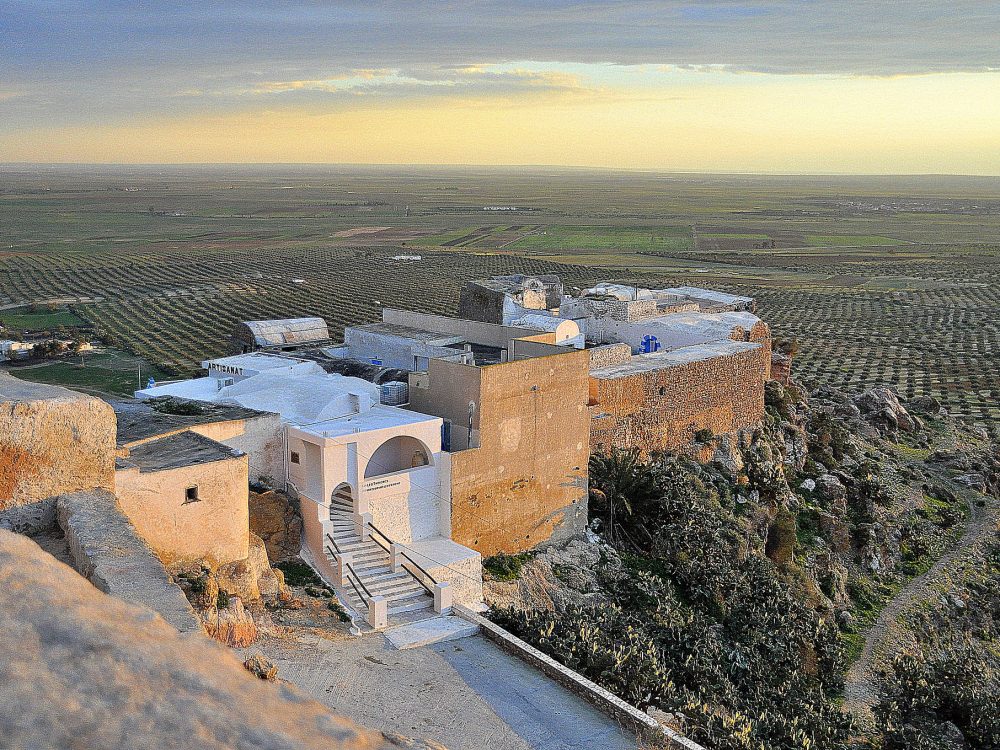South-South Cooperation: An Expanding Modality
In early May, we highlighted the importance of tracking South-South Cooperation (SSC), the exchange of financial and in-kind aid between developing countries. On the United Nations Day for South-South Cooperation, we wanted to highlight some updates about SSC across the Western Hemisphere.
Tracking SSC Spending for Information Accuracy
This year, Development Gateway (DG), in partnership with the Government of Honduras, developed a South-South Cooperation module as part of Honduras’s Aid Management Platform (AMP). In the first iteration of this module, SSC activities are recorded via components within projects; this method is the only way to estimate as accurately as possible the funds associated with SSC’s non-traditional funding.
As of today, 44 SSC projects are logged in the Honduras AMP, valued at 876,564 US dollars. This might seem small, but this is a fraction of the SSC activities in Honduras, and is better than any estimate the government has been able to pull in the past. Being able to record this type of development cooperation opens the door to a lot of opportunities for better monitoring, reporting, and accountability mechanisms by providing officials with a more complete picture of aid and budgetary flows.
Geocoding Data for Monitoring and Evaluation
With the collection of SSC activities, the Government of Honduras now has the ability to geocode this type of development cooperation to visually track where aid is being used within the country. Development Gateway, through AidData, is working with Honduras to geocode as many SSC activities as possible.
An example of a geocoded South-South Cooperation would be the following: The Government of Brazil decided to fund technical assistance programs for the Department of Energy in Honduras. As an SSC activity, this would be recorded in Honduras’s AMP. Next, this activity would be geocoded, visually representing where it takes place across the country; the physical location of the department would also be specified.
Our goal for the future is to expand geocoding of SSC by tracking, on a localized level, the qualitative and quantitative effects of that assistance. Using the above example: if Brazil’s technical assistance programs were focused on making hydroelectric plants more efficient, our goal would be to geocode hydroelectric plants around Honduras that receive this knowledge-based assistance. Over time, we could track whether this assistance increased plant efficiency by color-coding plants based on different output levels. This would give policymakers and donors the ability to track the geographic disbursements of aid, and to monitor the qualitative and quantitative results.
Regional Support for Consolidated Information
Finally, another big news item in the SSC Community is an announcement from Secretaría General Iberoamericana (SEIB) of the construction of a global collection system of SSC activities. This system would collect all SSC reports from Latin America and the Caribbean, providing a complete regional overview of these activities for national and international stakeholders. This move will allow tracking of more robust, accessible, and accurate information.
SSC funding is having a larger and more profound effect on countries, especially in Latin America. With ongoing input from our partners in Honduras, and by monitoring how users are inputting data into the SSC module, Development Gateway will continue to make the collection of this data more accurate and useful in the future, with a view to contributing to the efficiency of this important new aid channel.
Image source: www.seigb.org
Share This Post
Related from our library

How Useful Is AI for Development? Three Key Lessons
The development world is buzzing with excitement over the idea that new and emerging applications of AI can supercharge economic growth, accelerate climate change mitigation, reduce inequalities, and more. But what does this look like in real life?

At a Glance | Tracking Climate Finance in Africa: Political and Technical Insights on Building Sustainable Digital Public Goods
In order to combat the effects of climate change, financing is needed to fund effective climate fighting strategies. Our white paper, “Tracking Climate Finance in Africa: Political and Technical Insights on Building Sustainable Digital Public Goods,” explores the importance of climate finance tracking, common barriers to establishing climate finance tracking systems, and five insights on developing climate finance tracking systems.

AMP Through the Ages
15 years ago, AMP development was led by and co-designed with multiple partner country governments and international organizations. From a single implementation, AMP grew into 25 implementations globally. Through this growth, DG has learned crucial lessons about building systems that support the use of data for decision-making.